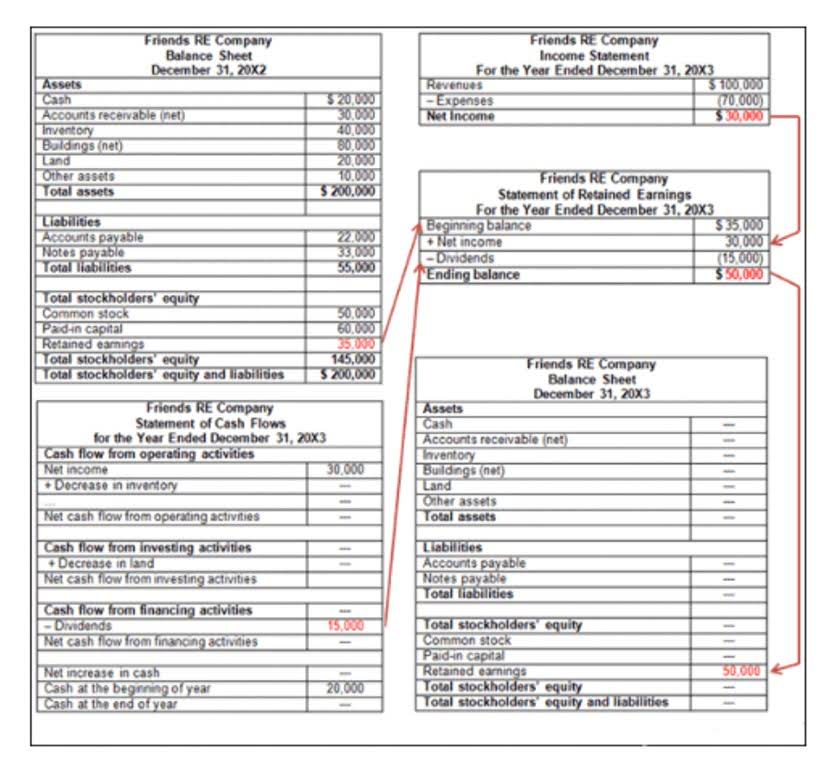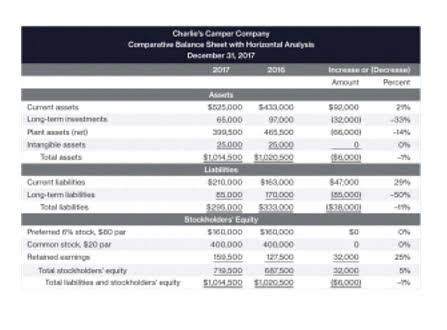In 1974 Japan was invited to the meetings and in 1975 the French President brought these informal discussions to the leaders. There was no army of political advisers in tow, just the leaders in a relaxed and private setting. This low-key formula was very successful and the leaders agreed to meet annually.
Explore More on Global Governance
With the partial exception of semi-authoritarian Russia–unwisely added in the 1990s–G8 members are bound by similar world views, shared values, and joint strategic interests. This likemindedness facilitates common policy preferences on matters of human rights, humanitarian intervention, rogue states, and regional stability. The wealthy members of the G8 also possess distinctive assets–financial, diplomatic, military, and ideological–they can deploy in service of their alpari forex broker review convictions.
The Crisis In Venezuela
The assembled leaders blasted the North Korean regime for its provocative behavior, insisted that Iran comply with UN Security Council and IAEA Board of Governors resolutions, and condemned Robert Mugabe’s continued repression in Zimbabwe. By the early twenty-first century other nations had begun to show interest in participating in the organization. Spain, which had one of the fastest-growing economies in the world during this period, began to lobby for inclusion in the group in 2006.
Rotating leadership
- Historically, when noneconomic issues such as terrorism, drug trafficking, human rights, regional security, and arms control dominated the discussions, the G8 was convened.
- The G8 lasted until 2014 when Russia was suspended from the forum due to its annexation of Crimea.
- Russia held the G8 presidency for the first time in 2006 and will once again assume the presidency in 2014, with the summit set to be held in Sochi, a Black Sea resort city that was host to the 2014 Winter Olympics.
- The Group of Eight (G-8) was an assembly of the world’s largest developed economies that have established a position as pacesetters for the industrialized world.
- Because the meeting occurred in the White House Library, this group of nations became known as the Library Group.
Britain is urging G-8 countries to give 0.7 percent of their gross domestic products GDPs toward these goals, and Blair has embarked on a whirlwind round of shuttle diplomacy leading up to the conference to secure the agreement of G-8 finance leaders. However, Bush has resisted this plan, saying the United States already gives millions in aid around the world. The G8’s value as a pillar of multilateral cooperation is both symbolic and practical. Today, the norms and rules of the Western liberal order are being tested by the rise of the “rest,” including nations such as China, India, and Brazil. This week’s summit in Deauville, France, testified to the enduring vitality of the Group of Eight (G8), which many had given up for dead. The United States will continue to rely on this exclusive grouping of likeminded advanced market democracies in directing diplomatic attention and material resources to the world’s most difficult political and security issues.
The G8 Summit Agenda
In a world of complex interdependence and currencystrengthmeter_mtf precise forex indicator expanding transnational challenges, it is illusory to imagine that any single multilateral institution or framework–whether the United Nations or the G20–will be able to handle it all. “Messy multilateralism,” as CFR President Richard N. Haass has described it, will be the order of the day. For the United States, this means following a “horses for courses” approach–selecting the multilateral forum most appropriate to the task(s) at hand, tailored to U.S. objectives, sensitive to U.S. freedom of action, and likely to be effective. On these criteria, alone, the G8 needs to remain in America’s institutional stable. The G8’s role as an anchor of Western order has only grown in importance as emerging countries form their own configurations, from the Shanghai Cooperation Organization, to India-Brazil-South Africa, to the BRICS.
In 2009, the G8’s major focus was the global food supply, with the members pledging to contribute $22 billion towards the issue, of which 93% had been disbursed by 2015. After the 1970s energy crisis and the economic challenges that followed, global leaders were determined to find a lasting solution to the problem and others facing the globe. In 1975, representatives from six highly industrialized countries, the UK, the US, France, Italy, West Germany, and Japan, met in Château de Rambouillet, France, for an informal discussion. The following year, Pierre Trudeau, Canada’s Prime Minister, was invited to join the group, and the group officially became the Group of Seven (G7).
Because Russia is not as economically powerful as other G8 members, it does not participate in the group’s economic meetings, which the original G7 members continue to hold on an annual basis. The decision to hold the July Group of Eight (G8) summit in St. Petersburg was meant to symbolize Russia’s full integration into the club of the world’s richest industrialized democracies. Russian President Vladimir Putin has tried to shift the focus away from his domestic policies and toward issues such as energy security, infectious diseases, and global education.
Holed up behind fortress-like security, the delegates are accompanied by an army of officials. It was formed because of big worldwide money troubles in the early 1970s, which prompted the US to form something called the library group, a meeting of senior financial officials from Europe, Japan and the US. The SoundBlaster G8’s secret sauce How to buy cumrocket is the Creative app which can be used to set up an array of sound effects. There’s something called the Acoustic Engine which provides effects settings that can be quickly selected using the SBX Scout button.
Since the G8 was intended as a forum for like-minded democracies, Russia’s backsliding toward authoritarianism has raised concerns among human rights advocates. The issue took on added significance in 2013 as Russia continued to support Syrian president Bashar al-Assad’s regime with arms, financing, and diplomatic clout at odds with the positions of other G8 members. Currently, the G8 comprises its six charter members, in addition to Canada, which joined in 1976, and Russia, which became a fully participating member by 1998. The EU is a “nonenumerated” ninth member; represented by the presidents of the European Council and European Commission, the EU participates as an equal. Since 2009, summit talks have focused on finding a common approach to stabilising the world economy and stimulating growth in the face of continuing global financial upheaval.
If the recent pre-meeting of the G8 foreign ministers is any indication, a number of external conflicts will also be on the agenda, including the Iran nuclear case, North Korea’s missile tests, and the escalating conflict in the Middle East. In 1973 the world experienced its worst economic crisis since the Great Depression. The finance ministers of the USA, UK, France and West Germany met informally to talk about how they could solve the economic problems linked with the oil price shock.





